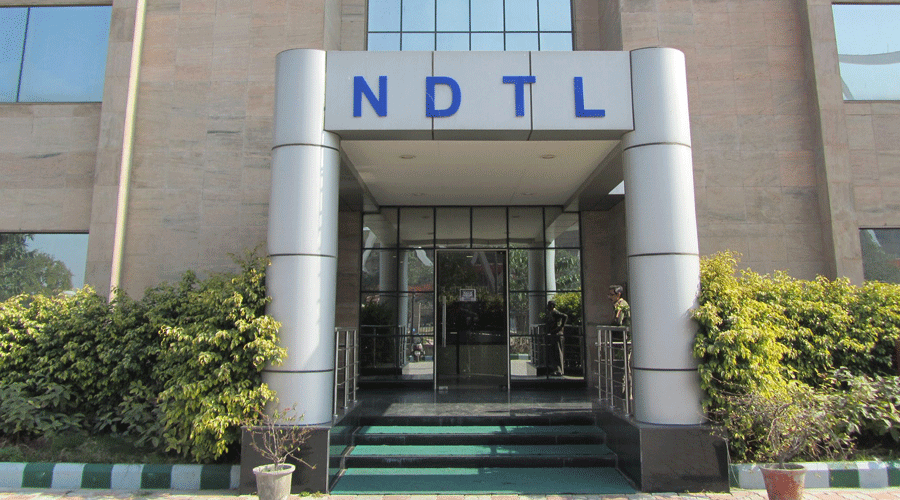The sports ministry is confident that the six-month extension of suspension of the National Dope Testing Laboratory (NDTL) by the World Anti-Doping Agency (Wada) will not be a blow to India's anti-doping campaign.
"It's not a blow at all. The NDTL will satisfy Wada's laboratory expert group regarding all the requirements and we are confident of reinstatement prior to the expiry of the six-month suspension period," a senior ministry official told The Telegraph from New Delhi on Wednesday afternoon.
Asked when the expert group was expected to come, the official added: "At this point in time we are not sure. It depends on when international flights will resume and also they have to feel safe to travel. Moreover, I do not see any tournament happening in India before December-January. So even though the suspension has been extended, when there is no sport due to Covid-19, why should that be a blow?"
The Wada first suspended NDTL in August last year for a period of six months. A fresh round of inspection by the world body, much to the embarrassment of the country's sporting establishment, showed that nonconformities still existed.
"The World Anti-Doping Agency has suspended the accreditation of the National Dope Testing Laboratory in New Delhi, India, for a second period of up to six months," Wada said in a statement released in the wee hours of Wednesday (IST). The second six-month suspension began on July 17.
The suspension prohibits the NDTL from carrying out any anti-doping activities, including all analyses of urine and blood samples. Currently, urine samples collected by National Anti-Doping Agency (NADA) are being sent primarily to the Wada-accredited lab in Doha.
"Government is losing a lot of money. The sooner NDTL gets back its accreditation, the better it is for the athletes," one association official said.
Interestingly, the second suspension comes when the countdown to one year of Tokyo Olympics has started.
Sports minister Kiren Rijiju tweeted that technical problems are being addressed to as the first suspension notice was served before he took over the NDTL chairmanship.
"Wada served suspension notice before I took over as chairman of National Dope Testing Laboratory. The rules of revoking its accreditation after 6 months suspension is avoided by extending the suspension period because all technical problems are being addressed now," Rijiju tweeted.
The Wada had conducted a second inspection of NDTL in February this year. But corrective measures weren't found to be good enough to revoke the suspension, which has been extended till January next year.
"In February 2020, when the six-month suspension period elapsed and some outstanding non-conformities had not been addressed successfully, Wada's Laboratory Expert Group (LabEG) recommended the initiation of further disciplinary proceedings against the laboratory based on the outstanding non-conformities," the world body said.
While Wada said NDTL may appeal this decision to the Court of Arbitration for Sport (CAS) within 21 days of receipt of notice, the top ministry official did not say if the laboratory would so.
"It's a massive jolt to India's Olympic preparations," lawyer and anti-doping expert Parth Goswami said from New Delhi. "Somebody has to take responsibility for this. Right now, we are sending urine samples to Doha which demands additional costs and a lot of extra time. It's the Olympic year and athletes need to be tested regularly," he said.










